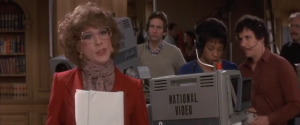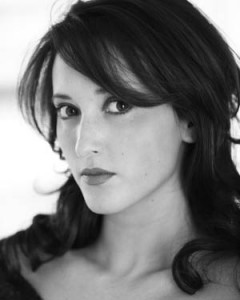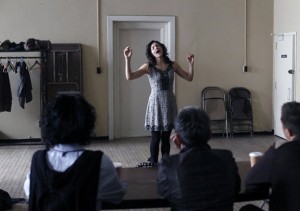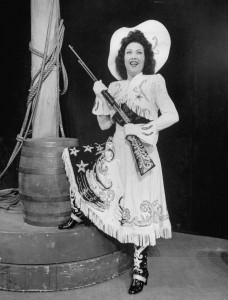
Working actors, and by that we mean actors who may be unemployed but are working at getting work by going to audition after audition, will rarely say that they enjoy auditioning. Most really hate it. Auditioning for a play or musical is a pressure filled experience. Basically an actor has anywhere from 30 seconds to a few minutes to make a favorable impression on the director and anyone else in the room. That is if they can get into the room to perform their audition. Here are some theatre speak terms that are related to that rarefied artistic form- the audition.
Open Call

An open call, which is often referred to as a cattle call since everyone and anyone shows up and they are herded into a room prior to their audition, is basically an audition situation where anyone can show up an attempt to be seen. If you go to an open call it does not mean you will be automatically seen. If it is an A.E.A. (Actors’ Equity Association) call, then they may or may not see non-union members. If you are non-union and attend an A.E.A. call, you will have to wait until all union members audition and then if there is time they may see you. There may be a major stumbling block to you getting the chance to audition. To know what it is simple read the next theatre speak term below.
Typed Out

You may be typed out in an open call. Let’s say there’s an open call for Marie in The Sound of Music and you show up and you meet the criteria for vocal range. There may be 100 actresses there who meet the basic requirements. So what they will often do it type you out. In other words if they don’t think you fit the role of Maria physically, you may be cut right then and there. Physical attributes that can get you typed out included you height, weight, basic look, and anything else they decide just doesn’t fit what they are looking for. The director usually does not do this. A casting agent or assistant will usually handle this chore.
Sorry, if you are typed out. The Lion King has an open call down the hall. Check them out!
Pic and Resume

The picture and resume serve as the job application for all actors. Pictures, which are called head shots because, well, it’s basically a professional photo of your face, may be color or black and white. They are 8 x 10. On the back of the picture is the actor’s resume. (It may be printed on the back of the picture or it may be printed on a sheet of paper that is cut to 8 x 10 and stapled to the back of the picture with one staple in each corner.) The resume lists the shows, roles played in each show, venue, and often director of each show the actor has been in. The most recent show is listed first. It also has contact information, height, age range, vocal range, union affiliations, training, education, and any special skills the actor may possess. A special skill is anything from knowing specific dialects, being certified in stage combat to playing a musical instrument.
The pic and resume must look totally professional in every way.
Callback and Second Callback

In theatre speak if you get a callback that’s great as it means they are interested. A callback is in essence a second audition for the same role in the same production. You may get a callback the same day as the audition or on another day. Sometimes a director and/or producer will have another round of callbacks, having cut down the field even more. If an actor gets to that point, they are one of a very few who has a shot at the role.
Nobody Said it Was Easy

In theatre speak when an actor doesn’t do well in an audition, they categorize it in various ways. It may be called a ‘bad audition” or they may say they “bombed” or (and this is commonly said, “I sucked.” As in you ask the question, “How did your audition go?” and the reply is “I sucked.” Actors are usually pretty honest about that stuff. They also know that they may have a great audition and not get a role. There are many reasons as to why people do not get cast.
Here’s some common theatre speak that an actor may offer. “What time are signups for the open call for Matilda tomorrow? 7 am? That means I’m getting up at 5 am to be on time to get in line at 6 am, to sign up for an audition slot at 7 am, and maybe not be seen. What a crazy business!”
There’s no business like it.

